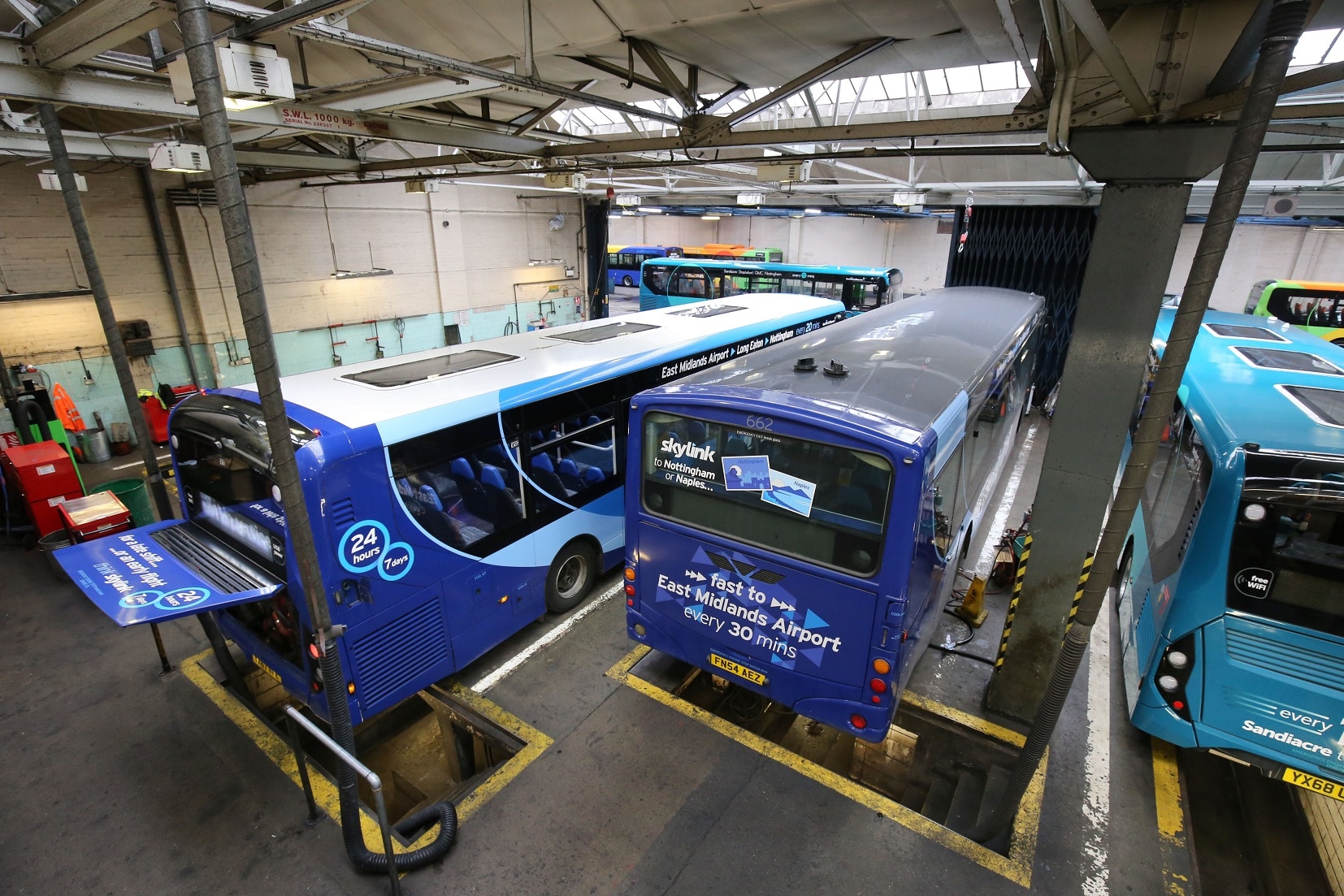The Middle East has been late to urbanisation, but that has provided a unique opportunity to shape its urban mobility strategies.
Some of its vibrantly growing urban centres, such as Dubai, are building on best practice from around the world. This experience provides lessons, good and bad, for other cities across the world as they struggle to meet their own urban mobility challenges.
Over the last decades, the Middle East has witnessed fast population growth, and its urbanisation rate has increased rapidly at the same time, from 54% in 1990 to 63% in 2015.
Some countries in the region, such as the United Arab Emirates, Saudi Arabia and Kuwait, have been in a position to drive major development and growth initiatives that would allow them to become top global economic performers in record time. These countries must therefore also catch up with standard urban development issues quickly.
Government and public authorities in the Middle East have generally followed one of two models when looking for solutions to address these major transportation challenges. The initial approach was to invest heavily in roads and public transport infrastructure, raising the transport network’s capacity to absorb the greater demand.
This “transition model” is inspired by the evolution of transport networks in the Western world, where it took more than a century to build, develop and maintain advanced public transport networks. Cities in the Middle East have tried to follow these models and strengthen transport-mode offers in short time frames.
Dubai presents a good example of a city that moved from a transition to an ecosystem model. Through its Road and Transport Authority (RTA), Dubai has been the front-runner in developing an innovative mobility ecosystem, driven by integration. Beyond tackling transport challenges, RTA has been supporting Dubai’s vision to become the smartest and happiest city on earth, with mobility a cornerstone of achieving this.
More than $2bn was budgeted to expand public transport in Dubai over the next three years, including over 1,000km of new bus routes (a 20% increase), and customer-friendly services such as wi-fi display screens and air conditioning at all stations. Other examples include the modernisation of streets and bus stops.
In the ecosystem approach, mobility is addressed as a true holistic system in which all of the components work together. Open to new technologies and backed by the means to invest in innovation, cities that adopt this approach drive the creation and evolution of integrated mobility systems.
Ralf Baron
Arthur D Little

























